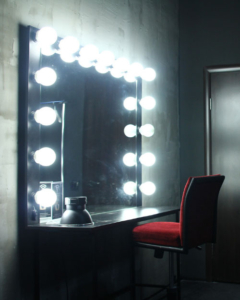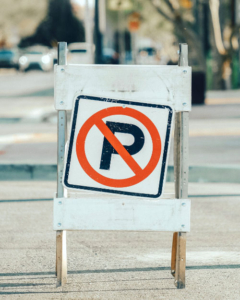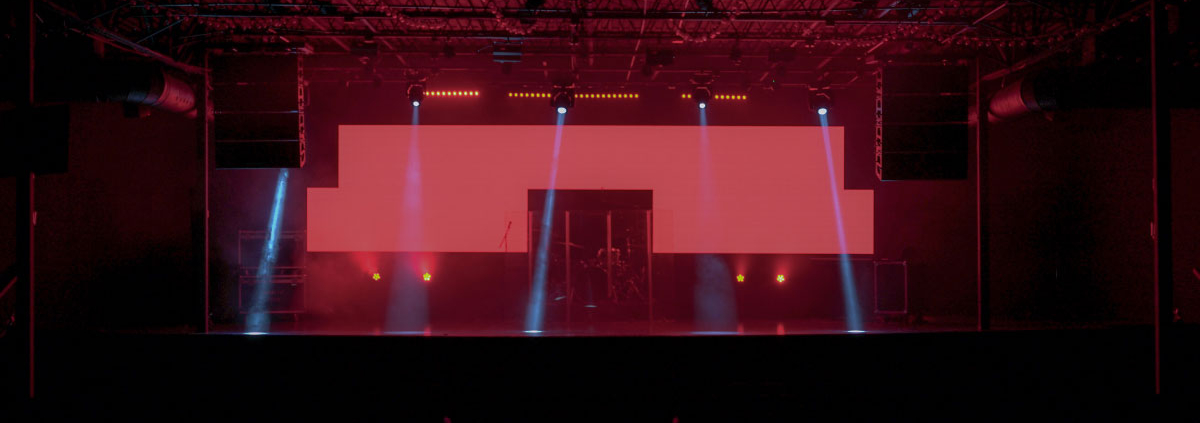Picking the Best Venue
Picking the Best Venue
Whether you’re trying to book Madison Square Garden or the 40 Watt Club, what does your event need from a venue to succeed? When planning an event, sometimes the hardest part is finding the right venue. There are a lot of things to keep in mind, such as size, location, amenities, parking, among other things. If all of these boxes are checked, then your audience will most likely have a great experience, and they will come back year after year!
The first thing you should consider when deciding where to hold your event is the venue size. Do you need space to accommodate more than 10,000 people or less than 1,000? Does your performer need a large stage for their act? Do the ceilings need to be higher than average to accommodate special lighting or sound equipment? With these small but important details figured out, you will have a clearer vision of your ideal venue. Like we mentioned in our previous blog post, Don’t Make These 4 Mistakes When Planning Your Next Event (link title), having a space that’s too big or too small can be detrimental to the overall success of the event and your attendees’ experiences.
 Once you have determined the size you need, the next point to consider is the location of the venue. While it might be convenient for you to hold your event near your home base, it may not be for your entertainer. Even worse, your target audience might think the venue is too far away and skip the event altogether. It’s important to find a central location that is convenient for your entertainer and attendees. Something else to keep in mind is the Radius Clause. A radius clause states that an artist cannot perform within a certain distance of the venue, following or preceding the performance, for a certain length of time. For example, Jon Pardi performed at Austin City Limits on October 1st, 2021. The next day, he traveled 217 miles to continue his tour in Corpus Christi, TX because the radius clause prevented him from performing within a certain distance of Austin. If you have a few venue options, it’s a good idea to double-check the radius clause before finalizing with the venue and your performers.
Once you have determined the size you need, the next point to consider is the location of the venue. While it might be convenient for you to hold your event near your home base, it may not be for your entertainer. Even worse, your target audience might think the venue is too far away and skip the event altogether. It’s important to find a central location that is convenient for your entertainer and attendees. Something else to keep in mind is the Radius Clause. A radius clause states that an artist cannot perform within a certain distance of the venue, following or preceding the performance, for a certain length of time. For example, Jon Pardi performed at Austin City Limits on October 1st, 2021. The next day, he traveled 217 miles to continue his tour in Corpus Christi, TX because the radius clause prevented him from performing within a certain distance of Austin. If you have a few venue options, it’s a good idea to double-check the radius clause before finalizing with the venue and your performers.
Next, a common detail that many organizers overlook is the needs of their performers. For a specific example, tap dancers need hardwood floors to dance on, such as maple or oak. If the venue you’re considering has a carpeted stage, you would need to look into other options. On the other hand, some artists such as the late Waylon Jennings or Ruthie Foster, can manage just fine with a mic and their guitar. Other performers have lists of personal requests in a rider, such as a private dressing room where they can prepare for the show in peace or special food and drink services. If you’re Van Halen, this means that all brown M&M’s must be removed from the backstage M&M bowl. Not only should the venue needs of your audience be met, but it’s essential to satisfy important requests from your entertainers as well.
 What’s worse than driving over 2 hours to a venue? Not finding parking once you get there. An attendee’s first question after purchasing tickets to an event is usually about the parking situation. Parking is the first and last impression people have of your event, so it’s crucial to get it right. There’s potential to ruin the experience if there’s not enough parking, the parking lot is far away from the venue, if it takes forever to get in and/or out of the lot, or if the parking lot doesn’t feel safe. Solutions to these problems include reserving nearby parking lots, hiring security to patrol and assist with entering and exiting the lot, and encouraging carpooling. You could even offer a special discount code for attendees to use a rideshare service if there are limited parking options around the venue. Shuttle services are also an alternative if the parking lot is too far away. The last thing you want to do is leave your attendees hanging and force them to figure parking out for themselves.
What’s worse than driving over 2 hours to a venue? Not finding parking once you get there. An attendee’s first question after purchasing tickets to an event is usually about the parking situation. Parking is the first and last impression people have of your event, so it’s crucial to get it right. There’s potential to ruin the experience if there’s not enough parking, the parking lot is far away from the venue, if it takes forever to get in and/or out of the lot, or if the parking lot doesn’t feel safe. Solutions to these problems include reserving nearby parking lots, hiring security to patrol and assist with entering and exiting the lot, and encouraging carpooling. You could even offer a special discount code for attendees to use a rideshare service if there are limited parking options around the venue. Shuttle services are also an alternative if the parking lot is too far away. The last thing you want to do is leave your attendees hanging and force them to figure parking out for themselves.
Once you find the perfect venue to accommodate your event, you’re able to tackle those smaller details on your to-do list and keep the ball rolling. Every event is different, so it’s important to remember that one location might have worked for one event, but may not be ideal for another.
Quick tip: Don’t be afraid to ask your attendees what venue amenities are important to them! Direct feedback is the best way to help improve their experience. You can do this by emailing guests a survey to complete or by having feedback cards accessible at the event itself.





